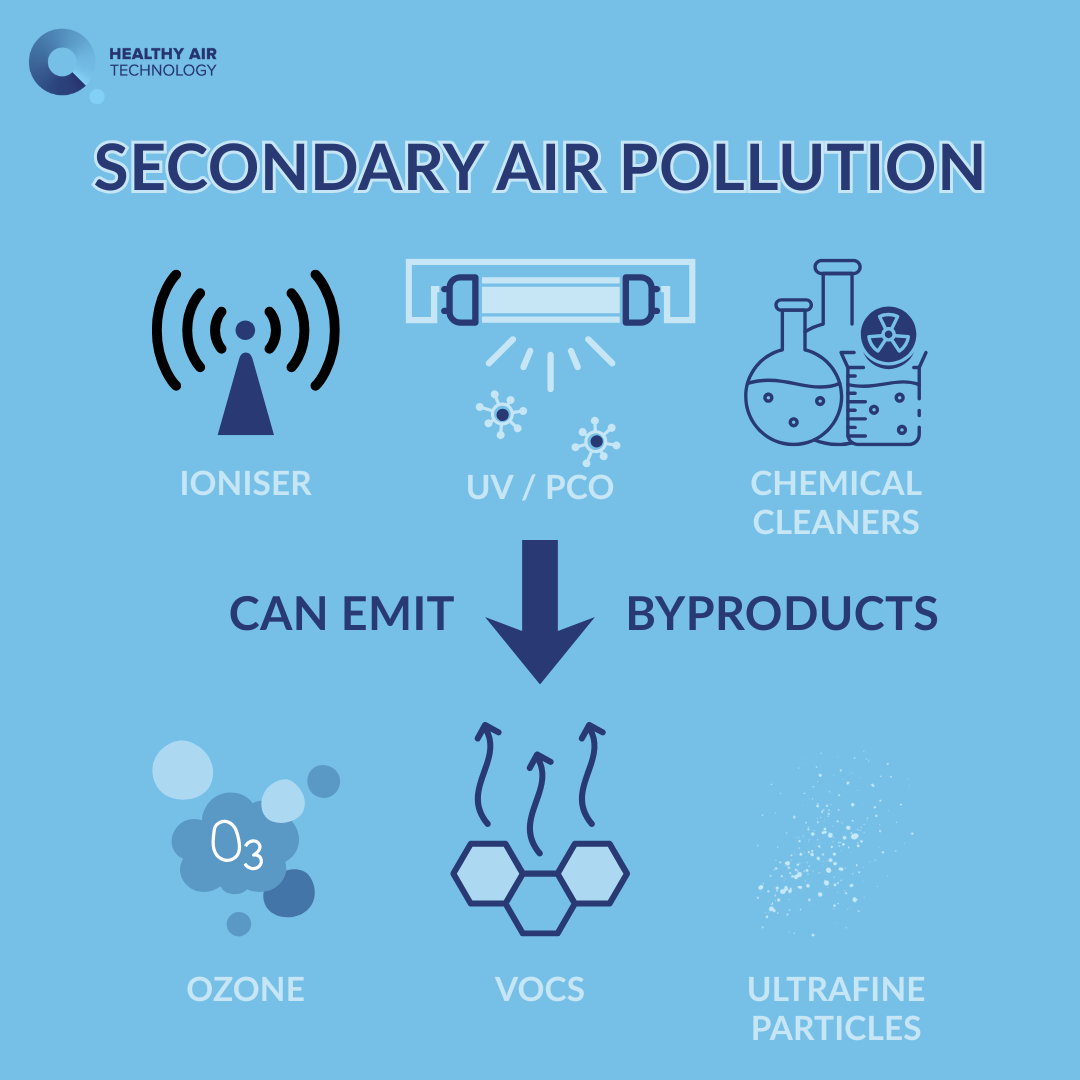
Is your pet making you unwell?
30 July 2023
Is your pet making you unwell? According to the Pet Food Manufacturers’ Association (PFMA), as of 2023, there are approximately 51 million pets in households in the UK. This means that over 59% of households in the UK have at least one pet.
The most popular pets in the UK are dogs and cats, with an estimated 13 million dogs and 12 million cats living in homes.
However, the environmental problems brought by pets to the indoor environment have become a problem that many people are either oblivious to or cannot solve.
How do pets impact the indoor air quality?
Keeping a pet can be a pleasure for the owner, but it can also cause trouble or discomfort to oneself or others.
Pets can impact the air quality through their dander, fur, saliva, waste, and natural smell. They can raise the humidity level, which can create a breeding ground for mould and mildew, spread dust mites and release volatile organic compounds (VOCs).
All of these can cause irritation to the respiratory system, trigger allergic reactions, and cause other health problems. According to medical literature, more than 200 infectious diseases transmitted by pets or domestic animals are known, but many people do not know enough about them. These possible disease risks are mainly airborne.
In less common incidences, pets can cause ‘zoonosis’, the spread of Lyme disease, salmonella, and toxoplasmosis (a parasite found in cat litter and raw meat that can cause miscarriage in pregnant women).
Of course, this is not our furry friends’ fault, but we must be aware when we take on a pet, of the possible problems they can cause to our health. For example, many people are not aware they are allergic to fur until they live with a pet.
How do owners try to manage these problems to stop them becoming unwell?
- Using deodorants or perfumes
Many pet owners use deodorants or perfumes to remove odours and some of these are specifically advertised to minimise the smell of pets. This method is mainly used as a ‘cover-up’ and may cause other environmental problems. Most of the deodorants currently on the market are chemical formulas or have many chemical additives. However, pets have the habit of licking hair, objects, and floors. If the pet encounters these chemical additives, they may cause great harm to the health of the pet.
- Bathing pets regularly
Bathing your pet can help to reduce their smell and dander, but it will not eliminate it. Pet dander is made up of tiny skin flakes that are shed by pets. These flakes can float in the air for long periods of time and settle on surfaces throughout your home.
How should pet owners minimise air pollution in the home?
- First, pay attention to the ventilation of the indoor environment, and often open windows for ventilation to maintain indoor air circulation.
- Keep your pet’s living area clean: This will help to prevent the buildup of bacteria and mould. Disinfection also acts to kill organic microorganisms.
- Open your windows regularly: This will help to ventilate your home and improve the air quality.
- Use an air purifier: An air purifier can help to remove allergens and other pollutants from the air. Because almost all indoor pollutants are organic matter, including various viruses and bacteria. The surest way to deal with the problem of air pollution is to use an air purifier.
Air purifiers and pets
Modern air purifiers have the functions of “three removals”, that is, removal of particulate matter, removal of bacteria, and removal of gaseous pollutants. PM2.5, bacteria, viruses, mites, hair, and dander that exist in the pet environment are all particle pollutants, or aerosol pollutants.
The performance of air purifiers in removing these aerosol pollutants is far greater than other purification methods. Removing gaseous pollutants is the main development direction of modern air purifiers.
Healthy Air purifiers are ideal for homes with pets and can significantly improve the air quality of millions of pet lovers. Do you own a pet? View our range now to discover how you can live in harmony with your furry friend.
Latest News

What does “secondary air pollution” actually mean indoors?
Key points Secondary air pollution refers to new pollutants or re-released contaminants created as a side effect of…

What are the main indoor air pollutants in modern buildings?
Key points Indoor air pollutants in modern buildings are typically a mixture of particles, gases, vapours and bioaerosols…

What is indoor air quality and why does it matter for buildings?
Key points Indoor air quality (IAQ) describes the chemical, particulate, biological and physical characteristics of the air inside…

